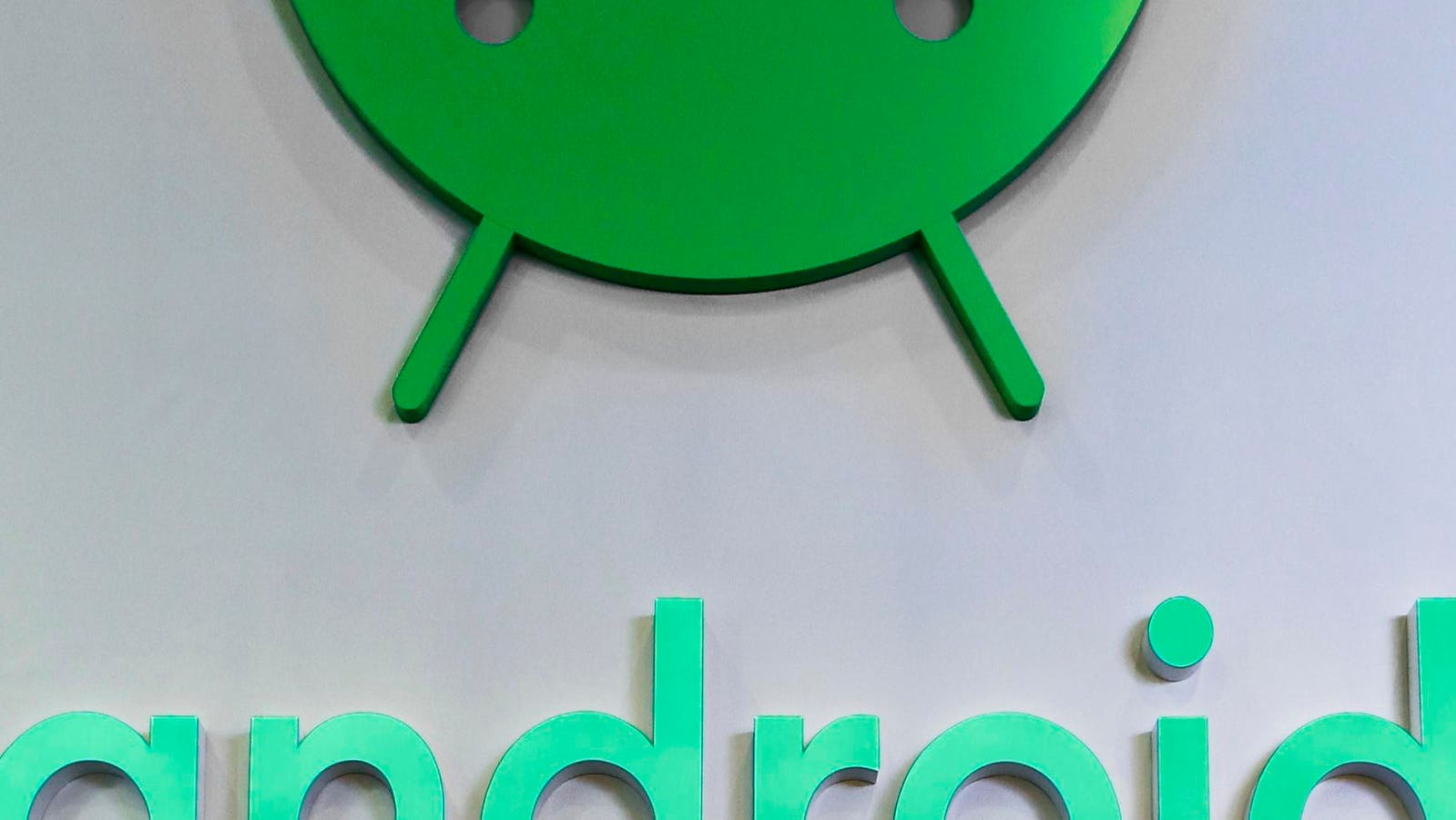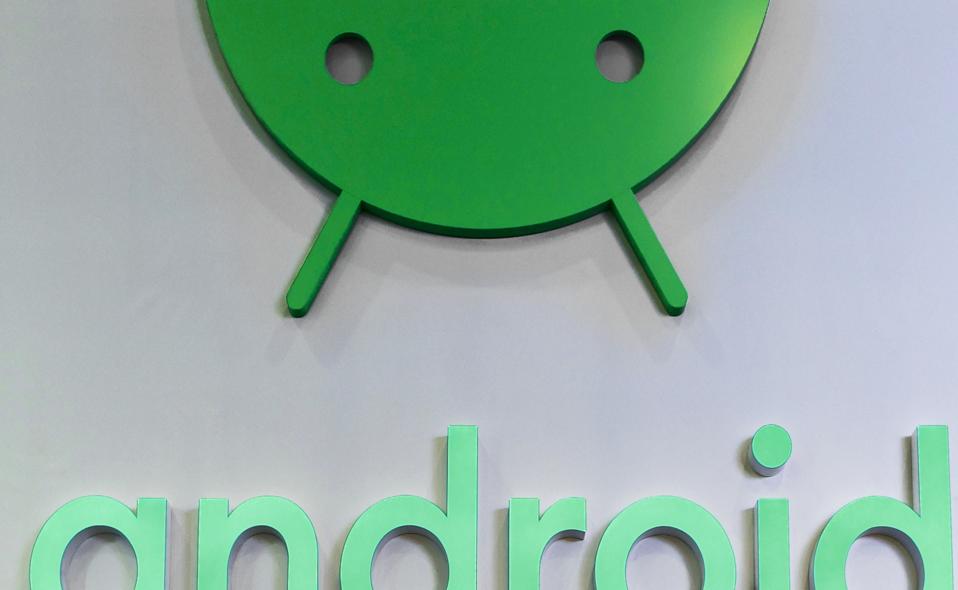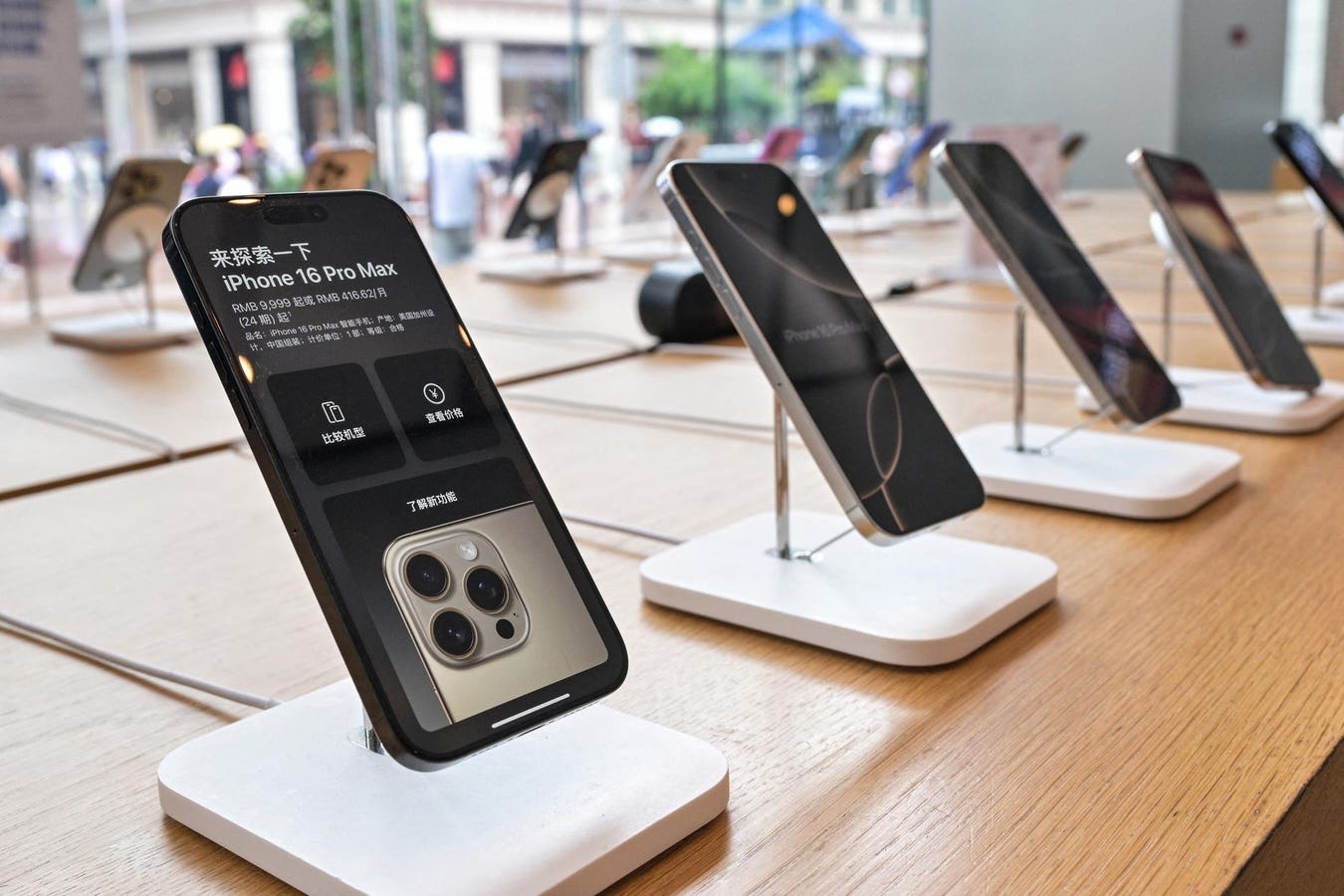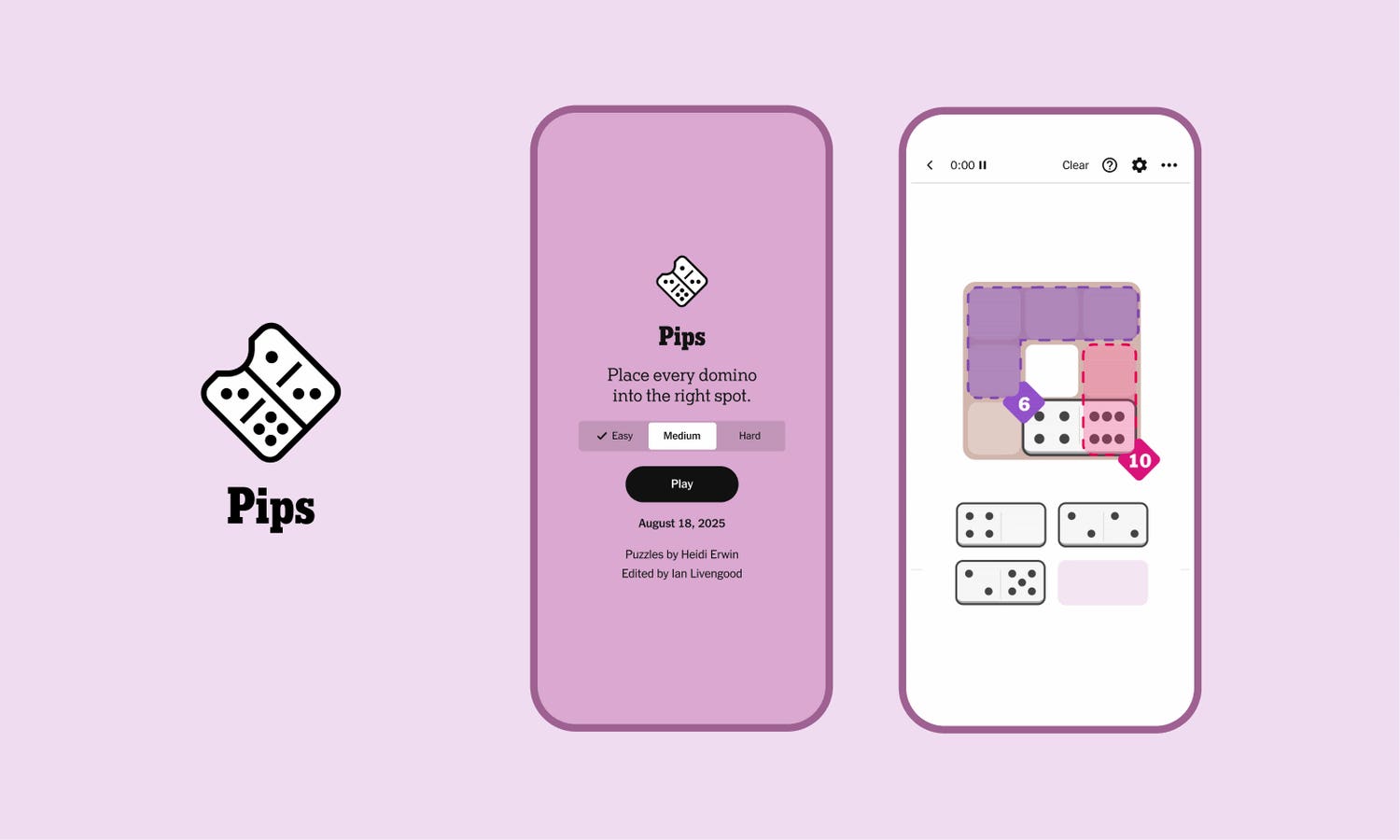Google responds to furor
NurPhoto via Getty Images
Android is now “more like iPhone.” That should not be a surprise. It has been coming for some time, and Android 15 and Android 16 put security and privacy front and center. Just like iPhone. But it’s equally unsurprising that the core user base is pushing back.
Android chief Sameer Samat took to X Thursday to assure users that “sideloading is fundamental to Android, and it’s not going anywhere.” But I suspect that misses the point. Installing apps from outside Play Store is one thing, having the freedom to install whichever apps you choose from wherever you find them is quite another.
Android was established to be “not iPhone.” In its early days, it was that simple. The non-iphone choice for those who valued freedom, personal choice, a lack of restrictions. And until recently that has been the Android theme. To do your own thing. But freedom comes with risks, and we now live in very different times.
Google has confirmed that starting next year developers pushing apps into the official Android ecosystem — whether or not via Play Store — will need to be certified, which essentially means “verified.” And that’s triggered the backlash.
A Reddit threat in the aftermath of Google’s news summed up the vibe. Absent freedom of choice, what’s the point in Android — why not just go buy an iPhone. I’m sure Google would be disheartened to see its new Pixel 10 dismissed so lightly in its own merits, but in this world, there’s nothing as personal as the Android versus iPhone decision.
“Our new developer identity requirements,” Samat explains, “are designed to protect users and developers from bad actors, not to limit choice. We want to make sure that if you download an app from a developer, regardless of where you get it, it’s actually from them. That’s it.” If only it could be that simple — but it won’t be.
In its blog to accompany its bombshell, Google says “you shouldn’t have to choose between open and secure” and that “Android has proven that you can have both.” A vocal minority of hardcore users are suggesting otherwise.
Ultimately, this comes down to the definition of open. Google is policing Android to make it safer. And that was always the criticism of Apple and iPhone as the global smartphone duopoly established itself in those early days.
Such is the scale of this story that it has usurped the Pixel 10 launch in headlines across its key markets. I suspect there will be some debate in Mountain View as to the wisdom of the timing on this — the Android sideloading news could have waited.
What is clear, though, is this story will run and run, all the way through until 2027, when this new policy rolls out worldwide and Android really does change its spots.









